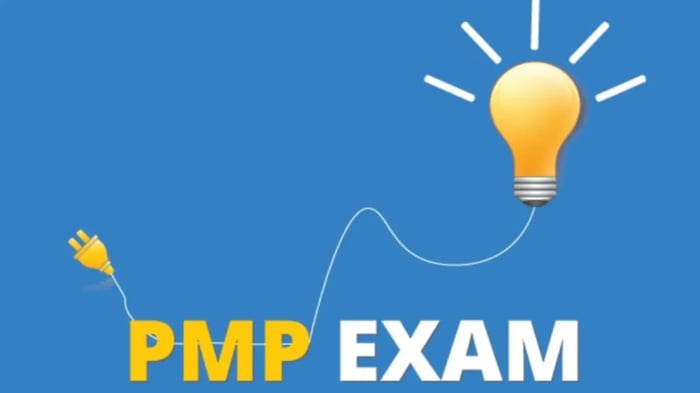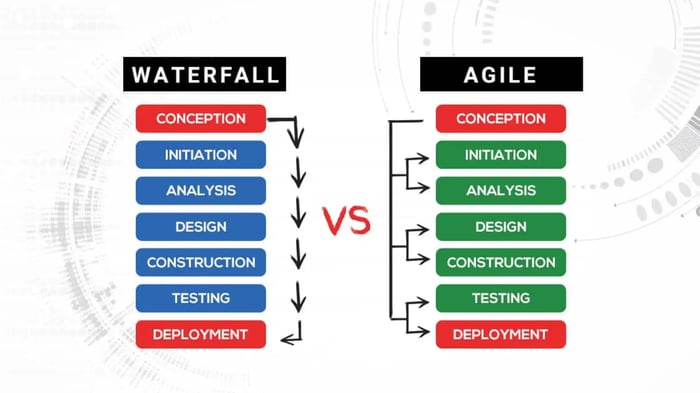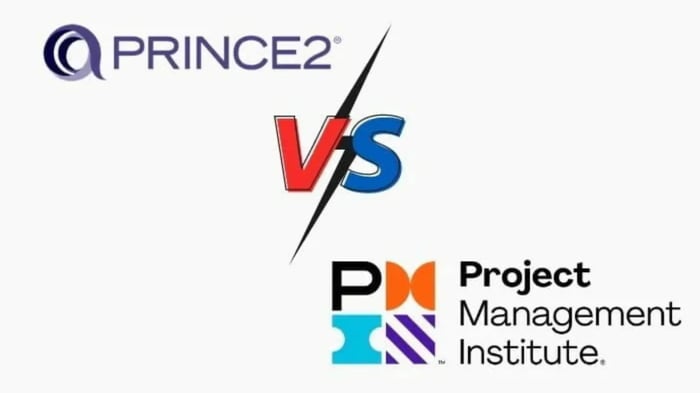Table of Contents
- Let's get started on How to Pass PMP Exam!
- Understanding the PMP Exam Landscape
- Eligibility Criteria: Are You Ready?
- Crafting Your Study Plan
- Deep Dive into the PMBOK Guide
- Leveraging Online Resources and Communities
- Practice Makes Perfect: Mock Exams and Simulations
- Exam Day Strategies
- Post-Exam: Continuing Your Project Management Journey
- 10 Lesser Known Facts on How To Pass PMP Exam!
- Final Thoughts
- FAQs
Let's get started on How to Pass PMP Exam!
So, you've decided to tackle the PMP exam and wondering how to pass PMP exam, huh? That’s like choosing to climb Everest because, well, it’s there. 🏔️ But fear not! With the right preparation, a sprinkle of humor, and a dash of determination, you’ll be planting your flag at the summit in no time. Let’s embark on this journey together, and remember, every project manager knows that a little laughter can be the best tool in the kit. 😄

Understanding the PMP Exam Landscape
The PMP exam is designed to evaluate a candidate's ability to manage projects effectively. It assesses knowledge in real-world project management scenarios, focusing on leadership, strategy, and execution. The exam tests a candidate’s understanding of the principles outlined in the PMBOK Guide and how they apply to various project environments.
It has evolved over the years to include Agile and hybrid project management methodologies. By successfully passing this exam, professionals gain a globally recognized certification that enhances career prospects and demonstrates expertise in managing projects efficiently.
To gain a deeper understanding of project management certifications, explore the Project Management Certification PMP resource, which provides insights into eligibility, exam structure, and career benefits.
What is the PMP Certification?
The Project Management Professional (PMP) certification, offered by the Project Management Institute (PMI), is a globally recognized credential that validates a professional’s ability to manage projects efficiently. Many professionals struggle with how to pass PMP exam, but by focusing on real-world applications, understanding Agile methodologies, and joining study groups, success becomes achievable.
PMP Exam Structure
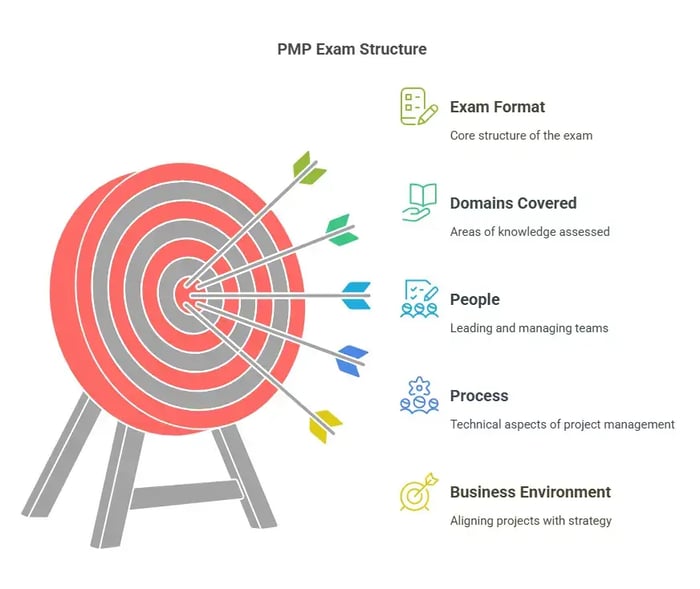
Domains Covered:
📌 People (42%) – Leading and managing teams.
📌 Process (50%) – Technical aspects of project management.
📌 Business Environment (8%) – Aligning projects with organizational strategy.
Format:
✅ 180 multiple-choice questions.
✅ 230 minutes to complete.
✅ Questions include multiple-choice, multiple responses, matching, hotspot, and limited fill-in-the-blank.
Eligibility Criteria: Are You Ready?
Before applying for the PMP exam, it's crucial to ensure that you meet the eligibility criteria. PMI has specific requirements based on education and project management experience. If you have a four-year degree, you’ll need at least 36 months of project leadership experience, whereas those with a high school diploma or associate degree require 60 months.
Additionally, completing 35 hours of formal project management education or holding a CAPM certification is mandatory. If you’re unsure about eligibility, it’s best to review PMI’s requirements carefully before applying.
Educational Background Requirements
| Education Level | Project Experience | Training Required |
|---|---|---|
| Four-Year Degree | 36 months within the last 8 years | 35 hours or CAPM Certification |
| High School Diploma/Associate’s Degree | 60 months within the last 8 years | 35 hours or CAPM Certification |
🔗 For full eligibility details, visit the PMI official eligibility criteria.
Crafting Your Study Plan
Having a structured study plan is essential for passing the PMP exam. Start by assessing your current knowledge level and identifying weak areas that need improvement. Allocate dedicated time for studying, breaking down the PMBOK Guide into manageable sections.
Make use of online courses, study groups, and practice tests to reinforce learning. Developing a study timeline of 3 to 6 months will help ensure consistency and thorough preparation. Sticking to your plan will increase your confidence and readiness for the exam.
Steps to Build an Effective Study Plan
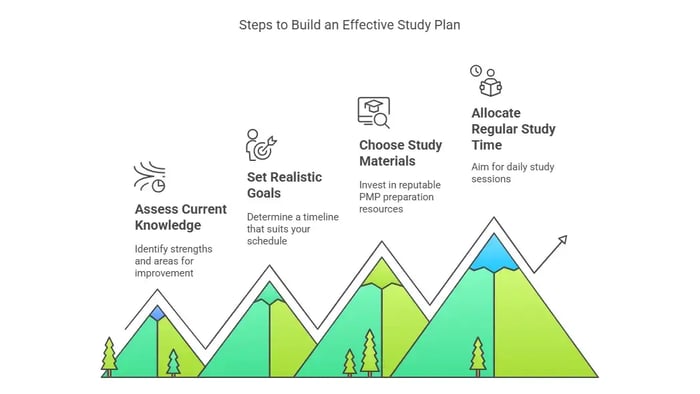
📝 Assess Your Current Knowledge – Identify strengths and areas for improvement.
⏳ Set Realistic Goals – Determine a timeline that suits your schedule, typically 3-6 months.
📚 Choose Study Materials – Invest in reputable PMP preparation books, online courses, and workshops.
⏰ Allocate Regular Study Time – Aim for daily study sessions.
Deep Dive into the PMBOK Guide
The PMBOK Guide serves as the foundation for the PMP exam, covering essential project management principles. It is divided into five process groups and ten knowledge areas that define the framework of project management best practices. Understanding each section thoroughly will help you navigate through complex exam questions.
The guide also incorporates Agile and hybrid methodologies, which are now a significant part of the exam. While mastering the PMBOK Guide is critical, supplementing it with real-world case studies and practice questions will enhance comprehension.
Five Process Groups
✅ Initiating
✅ Planning
✅ Executing
✅ Monitoring and Controlling
✅ Closing
Ten Knowledge Areas
📌 Integration, Scope, Schedule, Cost, Quality, Resource, Communications, Risk, Procurement, and Stakeholder Management.
Leveraging Online Resources and Communities
Engaging with online study communities and resources can significantly improve your understanding of the PMP exam material. There are numerous discussion forums, social media groups, and e-learning platforms that provide valuable insights and shared experiences from past test-takers.
These platforms allow you to ask questions, participate in study groups, and access exclusive resources. By leveraging these communities, you can gain a fresh perspective on difficult topics and stay updated on the latest PMP exam trends.
Best Online Study Resources
Wondering how to pass PMP exam on your first attempt? The key is a structured study plan, consistent practice with mock exams, and mastering the PMBOK Guide.
🔗 PMHUB – Offers study resources and community discussions.
🔗 LinkedIn Groups – Participate in PMP exam discussions.
🔗 Webinars and Workshops – Gain insights from industry experts.
Practice Makes Perfect: Mock Exams and Simulations
Practicing with mock exams is one of the best ways to prepare for the PMP exam. These simulations help you familiarize yourself with the exam format and timing while identifying areas that need improvement. Taking multiple mock exams will enhance your ability to manage stress and maintain focus during the actual test. Many platforms offer full-length simulated exams with explanations for each answer. Aim to score consistently above 80% on practice tests before attempting the real exam.
Importance of Mock Exams
🎯 Simulate the exam environment.
🎯 Improve time management skills.
🎯 Identify weak areas.
Best PMP Practice Question Sources
📌 PMI’s official practice questions.
📌 Third-party platforms like Udemy and Coursera.
Exam Day Strategies
The day of the PMP exam can be stressful, but proper preparation will keep you calm and focused. Ensure you arrive early, have all required identification, and follow exam center protocols if taking the test in person. If taking the exam online, ensure a stable internet connection and a quiet environment. During the exam, use strategic time management to pace yourself and flag difficult questions for review. Employ relaxation techniques, such as deep breathing, to stay composed throughout the test.
Preparing for the Big Day
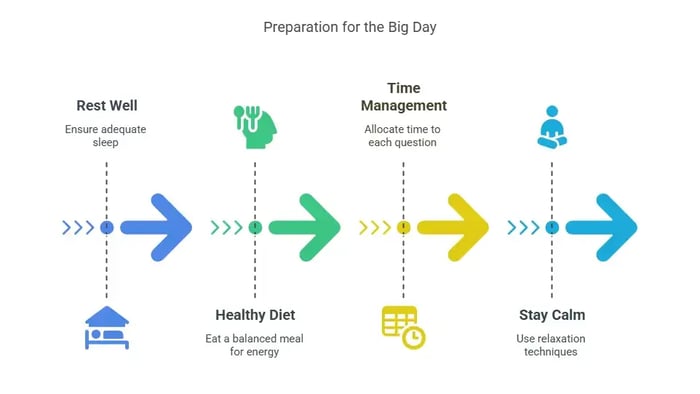
✔️ Rest Well – Ensure adequate sleep.
✔️ Healthy Diet – Eat a balanced meal for energy.
✔️ Time Management – Allocate time to each question.
✔️ Stay Calm – Use relaxation techniques.
Post-Exam: Continuing Your Project Management Journey
After passing the PMP exam, your learning doesn’t stop there. Maintaining your certification requires earning 60 Professional Development Units (PDUs) every three years through continuing education, leadership activities, and industry contributions. Staying up to date with new project management methodologies and attending PMI events will keep your skills sharp. Engaging with the project management community and mentoring aspiring PMP candidates can also be a great way to contribute to the field.
Additional Read: If you're considering specializing in marketing-related projects, check out the Marketing Project Management Certification guide for details on advancing your career in this niche field.
Maintaining Your PMP Credential
✅ Earn 60 PDUs over a three-year cycle through training, writing, or full-time work.
✅ Engage in continuous learning to stay updated with industry trends.
10 Lesser Known Facts on How To Pass PMP Exam!
- PMBOK Guide Isn't the Sole Study Resource: While the PMBOK Guide is essential, relying solely on it may not suffice for exam preparation. Many candidates supplement their studies with additional materials and practice exams to ensure comprehensive understanding. pmexamsmartnotes.com
- Random Application Audits: The PMP exam application process includes a random audit mechanism. Candidates should be prepared for this possibility and ensure all provided information is accurate and verifiable. projectmanagement.com
- Global Certification Reach: As of July 2020, there were over 1,036,368 active PMP-certified individuals across 214 countries and territories, highlighting its global recognition. en.wikipedia.org
- Exam Content Outline (ECO) Updates: The PMP exam isn't solely based on the PMBOK Guide. It also references the Exam Content Outline (ECO), which is updated every 4-5 years to reflect current industry practices.
- Diverse Question Formats: Beyond multiple-choice questions, the PMP exam includes multiple responses, matching, hotspot, and limited fill-in-the-blank questions, assessing a range of knowledge and skills. PM Exam Simulator
- Experience Requirement Flexibility: Candidates with a four-year degree need 36 months of project leadership experience, while those with a high school diploma require 60 months, accommodating diverse educational backgrounds.
- Continuous Credential Requirements (CCR): To maintain PMP certification, professionals must earn 60 Professional Development Units (PDUs) every three years, ensuring ongoing development and adherence to industry standards.
- PMI Talent Triangle: The CCR program aligns with the PMI Talent Triangle, emphasizing a combination of technical, leadership, and strategic business management skills for holistic professional growth.
- Alternative Certifications: While PMP is globally recognized, other certifications like PRINCE2 are preferred in regions like the UK and Australia, offering different methodologies and frameworks.
- PMHUB Community: PMHUB is a free virtual community of project managers, offering resources like study guides, sample questions, and forums, aiding PMP aspirants in their certification journey.
Final Thoughts
Embarking on the PMP certification journey is a significant commitment, but with meticulous preparation and the right resources, success is within reach. Remember, at APMIC, we offer comprehensive Project Management Certifications designed to equip you with the skills and knowledge needed to excel in today’s dynamic environment. 🚀
FAQs
What is the passing score for the PMP exam?
PMI does not publish the exact passing score, but it’s believed to be around 70-75%.
How many questions are on the PMP exam?
The PMP exam consists of 180 multiple-choice questions.
How long should I study for the PMP exam?
Typically, candidates spend 3-6 months preparing.
Can I retake the PMP exam if I fail?
Yes, you can retake the exam up to three times within a one-year eligibility period.
Is the PMBOK Guide enough to pass the PMP exam?
While essential, additional study materials and practice exams are recommended.
How much does it cost to take the PMP exam?
The exam fee is $405 for PMI members and $555 for non-members.
How often is the PMP exam updated?
The exam content is updated every 4-5 years to reflect current practices.
What is the validity period of the PMP certification?
The PMP certification is valid for three years and requires earning 60 PDUs for renewal.

